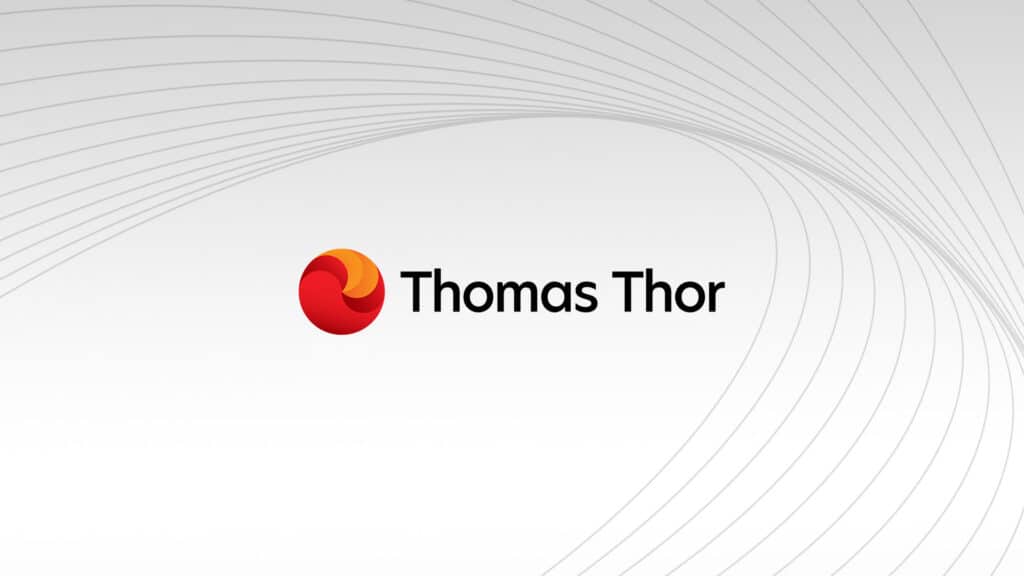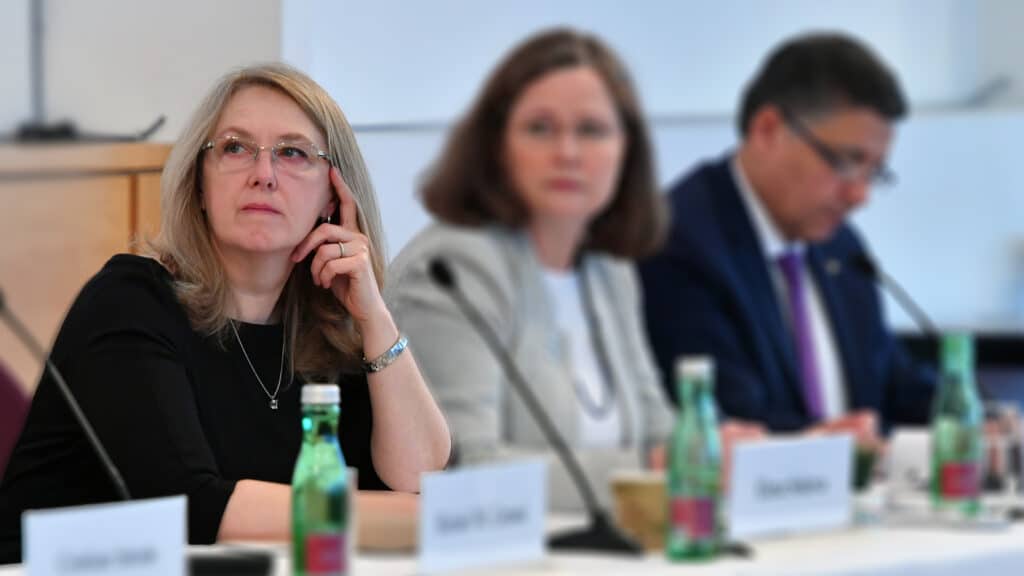Multigenerational Nuclear Workforce

The Multigenerational Nuclear Workforce – Harnessing the Benefits
The nuclear energy industry faces a critical challenge: effectively managing and utilising a multigenerational workforce across various nuclear roles. With the need to attract fresh talent while retaining experienced professionals, nuclear companies must create an inclusive environment that maximises the strengths of each generation. Drawing on insights from Lindsey Pollak’s The Remix: How to Lead and Succeed in the Multigenerational Workplace and our experience in nuclear workforce recruitment, here’s how we can do just that.
- Respect Generational Differences
Each generation in the nuclear workforce brings its own strengths. Baby Boomers contribute decades of technical expertise, while Millennials and Gen Z add fresh perspectives and digital skills. The key lies in recognising these differences and leveraging them to complement one another. We’ve observed that teams thrive when each generation can contribute in its own way. This approach enhances productivity, drives innovation, and strengthens collaboration across diverse teams.
- Address Age Discrimination
Ageism affects both younger and older workers within the nuclear sector. Younger professionals are sometimes overlooked for leadership positions, while older employees may be seen as out of touch. In an industry with a rising demand for skilled workers, overlooking talent due to age is counterproductive. Forward-thinking employers foster inclusive environments that support all generations, from recent graduates entering the nuclear workforce to seasoned industry veterans. Maintaining a diverse talent pool is essential for meeting the long-term needs of nuclear sustainability and workforce development.
- Tackle the Knowledge Transfer Problem
In the nuclear sector, the retirement of experienced workers poses a threat to the retention of critical industry expertise across a range of nuclear roles. Without effective knowledge transfer strategies, decades of experience vital to nuclear safety and operational efficiency could be lost. Pollak suggests reverse mentoring—pairing experienced workers with newer hires—as an effective solution. For nuclear safety roles, this approach ensures that safety culture and essential operational knowledge are passed down.
- Make Mentoring a Priority
Mentoring programmes are a key component of bridging generational gaps in the nuclear industry. Structured mentoring facilitates the effective transfer of knowledge, preparing the next generation for advanced roles. Moreover, mentoring goes beyond training younger professionals—it fosters collaboration and mutual respect. Such programmes are essential for the future, ensuring that expertise isn’t lost when seasoned professionals retire, and that new talent is well-prepared for responsibilities within the nuclear sector, from the EU to the US and beyond.
- The Challenge Isn’t Unique to Nuclear
While these challenges are pressing in the nuclear industry, similar dynamics exist in sectors such as healthcare, manufacturing, and technology, where multigenerational diversity is crucial for innovation and growth. The most effective solutions across all industries promote flexibility, prioritise knowledge-sharing, and value contributions from every generation. Pollak’s insights on bridging generational divides are broadly applicable, including to industries that also rely on the retention of experienced personnel.
Conclusion
To remain competitive and advance, the nuclear industry must embrace its multigenerational workforce. This involves tackling age discrimination, fostering knowledge-sharing programmes, and creating a workplace where mentoring is highly valued. By doing so, the expertise of seasoned professionals is preserved, and younger professionals acquire the skills and insights needed to thrive in their nuclear careers. The future of the nuclear workforce depends on cultivating an environment where every generation—from the newest nuclear hire to the most experienced nuclear engineer—can succeed.
In nuclear and beyond, people are the most valuable resource. Building a collaborative, inclusive workplace across generations is essential for sustained success and safety worldwide.
Share this article
Related articles
Help us grow and achieve your potential at a values-driven business.




